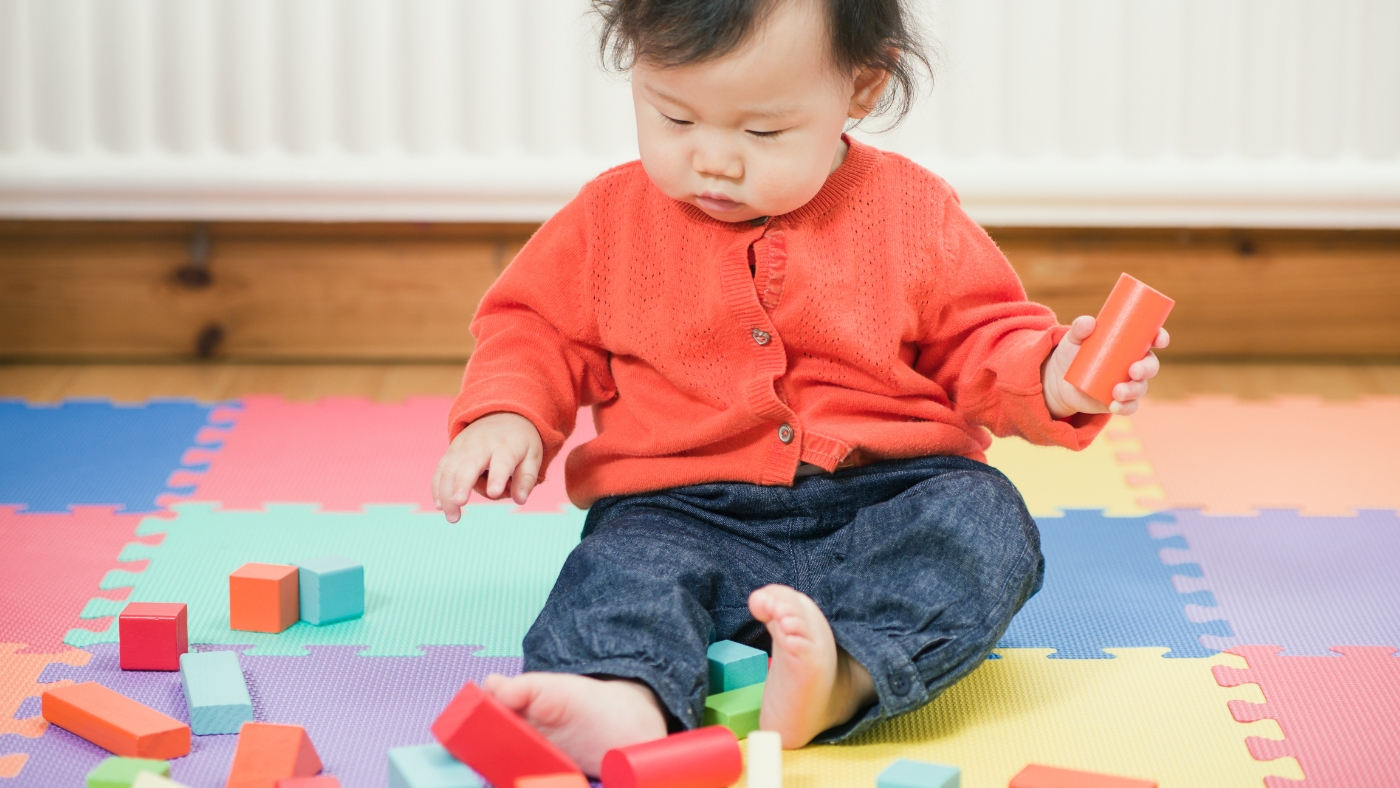
Children have boundless creativity and imagination, and providing them with opportunities for open-ended play can unleash their potential.
Montessori education recognizes the value of open-ended play and emphasizes the use of toys that allow children to explore, experiment, and create their own play scenarios.
In this blog post, we will explore the concept of open-ended play and highlight the benefits of Montessori open-ended toys in nurturing creativity and imagination.
What is Open-Ended Play?
Open-ended play refers to play experiences that have no predetermined outcome or specific instructions. It allows children to engage with toys and materials in ways that encourage imagination, problem-solving, and self-expression.
Unlike toys with a fixed purpose or limited possibilities, Montessori open-ended toys offer endless opportunities for exploration and creativity.
Benefits of Open-Ended Play
Creativity and Imagination
Open-ended play sparks children’s imaginations, enabling them to create unique storylines, scenarios, and characters.
Problem-Solving Skills
When children engage in open-ended play, they encounter challenges that require problem-solving and critical thinking, fostering their ability to find solutions independently.
Self-Expression
Open-ended play encourages self-expression as children communicate their thoughts, ideas, and emotions through play.
Language Development
Open-ended play prompts conversations, storytelling, and imaginative dialogue, supporting language development and vocabulary expansion.
Emotional Regulation
Open-ended play provides an outlet for emotional expression and helps children regulate their emotions by acting out and exploring different scenarios.
Montessori Open-Ended Toys: Nurturing Creativity and Imagination
Montessori open-ended toys are carefully selected to stimulate a child’s creativity, encourage independent play, and allow for multiple uses and interpretations. Examples of such toys include building blocks, wooden toys, art supplies, natural materials, and play silks. These materials enable children to construct, transform, and explore their own play narratives.
Benefits of Montessori Open-Ended Toys
Divergent Thinking
Montessori open-ended toys promote divergent thinking, as children explore multiple possibilities and use materials in unconventional ways.
Motor Skills Development
Manipulating open-ended toys, such as building blocks or art materials, enhances fine motor skills, hand-eye coordination, and spatial awareness.
Concentration and Focus
Engaging in open-ended play requires sustained attention and concentration, supporting the development of focus and perseverance.
Collaboration and Social Skills
Open-ended toys facilitate cooperative play, encouraging children to share ideas, negotiate roles, and collaborate on imaginative scenarios.
Open-ended play is a powerful tool for nurturing a child’s creativity, imagination, problem-solving abilities, and self-expression. Montessori open-ended toys provide children with the freedom to explore, create, and engage in self-directed play experiences. Through open-ended play, children develop a sense of agency, independence, and confidence in their own ideas and abilities.
By incorporating Montessori open-ended toys into playtime, parents and educators can foster an environment that encourages creativity, imagination, and a lifelong love for self-directed learning. As children embark on their open-ended play journeys, they will discover endless possibilities, build important skills, and develop a deep appreciation for the power of their own ideas.
So, let open-ended play become an integral part of your child’s playtime, and watch as their creativity and imagination soar with the help of Montessori open-ended toys. Embrace the joy of unstructured play and witness the magic that unfolds when children are given the freedom to explore, create, and imagine.